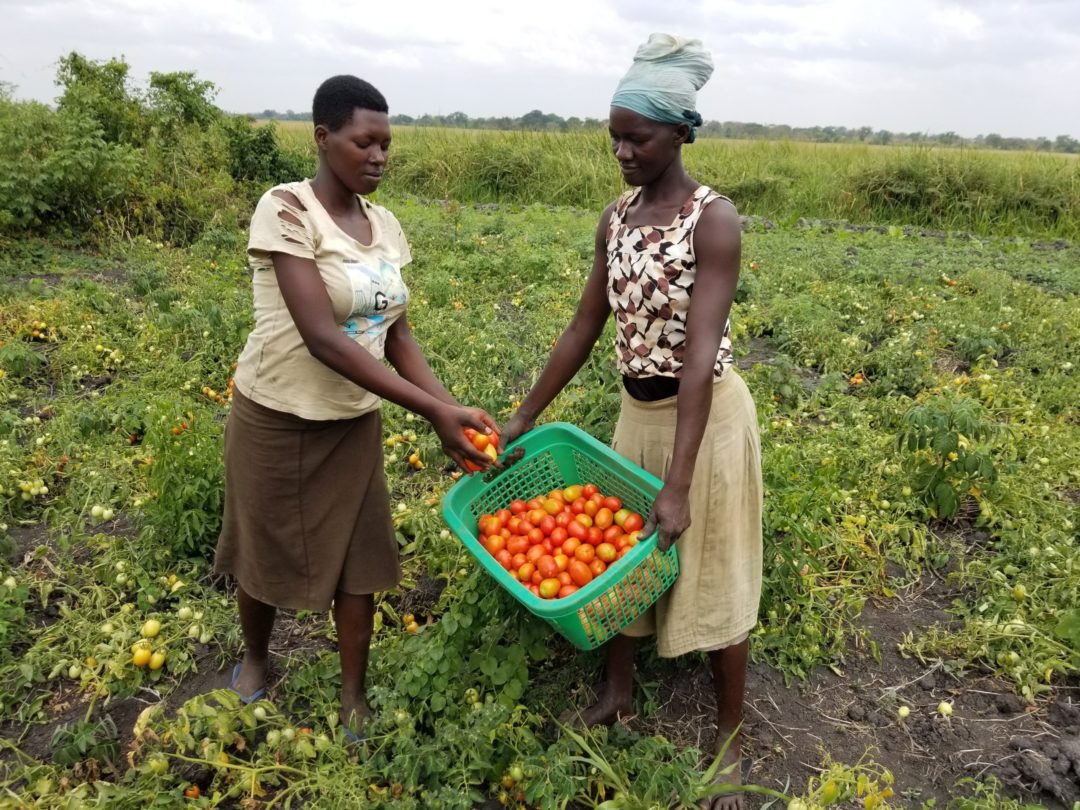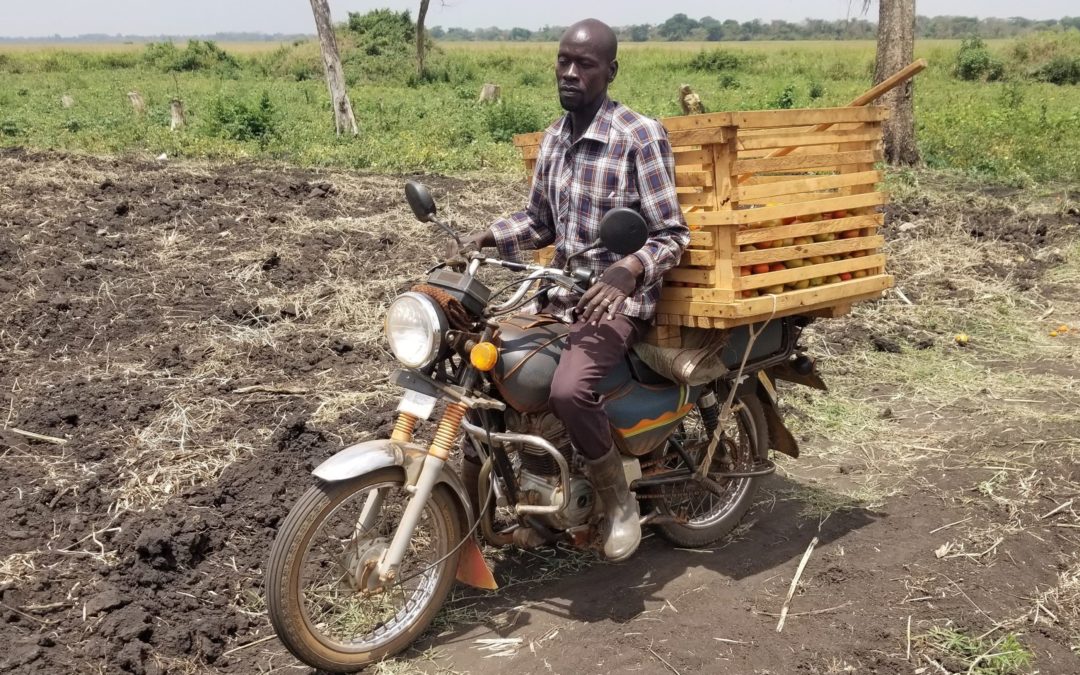 Stories
Stories
March 8, 2022 • 3 min read
30-year-old farmer Jennet Acio lives with her husband Samuel and their four beautiful children. But despite owning 2.5 acres of arable land, climate change left Jennet struggling to feed her family.
A 2020 World Bank report warns that the effects of climate change are hitting Uganda hard — adding to an extremely fragile unemployment context. 70% of the Uganda’s youth are currently unemployed.
Agriculture is a key sector that can lift young women like Jennet out of poverty. Worryingly, changing weather patterns and persistent droughts are threatening their progress.
Markets for Youth
To combat the impact of climate change on young women’s livelihoods, GOAL’s Young Africa Works: Markets for Youth Program is helping local producers, such as Jennet, to adapt to these new challenges. Ensuring food security and increasing incomes sustainably are the primary goals of the program.
Working across four regions in Uganda – Rwenzori, Bunyoro, Northern Uganda, and Karamoja, the program focuses on young farmers. 70% are young women including refugees and those with disabilities. It engages local private sector partners to help modernize techniques through training on climate-smart seed selection, resilient agronomic practices, marketing, and crucially for Jennet, pest-and-disease control-and-management. Young farmers are also subsidized to buy irrigation equipment for dry season crop production.
To restore and maximize Jennet’s farm production, local agricultural company, Nile Foresty Agro, invited her and four other women in her village to attend training as part of the project. The five women formed a horticulture production group, called “Pur Dag Wac Kom”, which in the Luo language means “farming requires hard work for reward.”

Janet with a fellow group member Naume Awor harvesting the tomatoes in her 2.5-acre garden.
The training has also helped the farmers improve climate-resilient practices in water usage, crop scheduling, pesticide and fertilizer use, and cultivation techniques.
The families’ lives have been transformed.
758 young people, mostly women, in the four regions, have already been trained and the aim is to scale up in the coming year. At least 140 participated in off-season farming and 35 benefited from the irrigation equipment subsidy.
“The project has also brought neighboring communities closer together,” Jennet says, adding, “Women from different villages and ethnic communities now meet and have dialogue during wider training session in the field.”
Sustainable, Resilient Livelihoods
Thanks to the training and her newly developed skills, Jennet was also able to purchase seeds and plant a high yield tomato variety during the dry season.
“I’m delighted to now be harvesting over 15 boxes of tomatoes each day,” she says with a smile, “earning me an average of $60 per harvest.”

Janet’s husband Samuel Odongo transports the family’s produce to the local market.
Her hope is to earn about $2,250 during the off-season. Jennet is now confident of achieving the target as her customer base is growing steadily, along with the number of crops on her farm.
“The introduction of other vegetables such as cabbage and eggplant not only bring additional income, but also help improve nutrition at home and reduce hunger.”
Funded by the MasterCard Foundation, Markets for Youth is a five-year program being implemented in 18 districts across Uganda.
